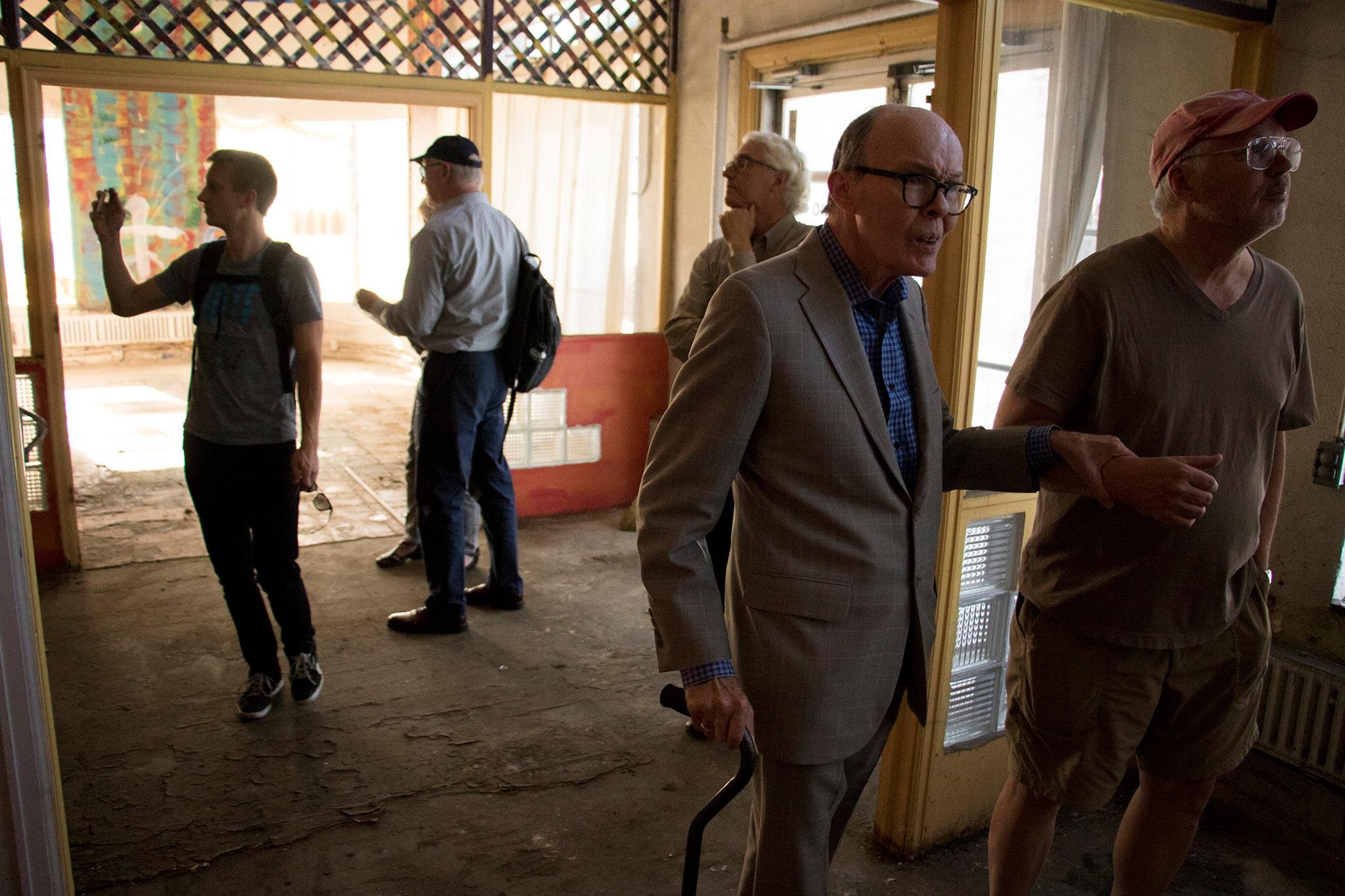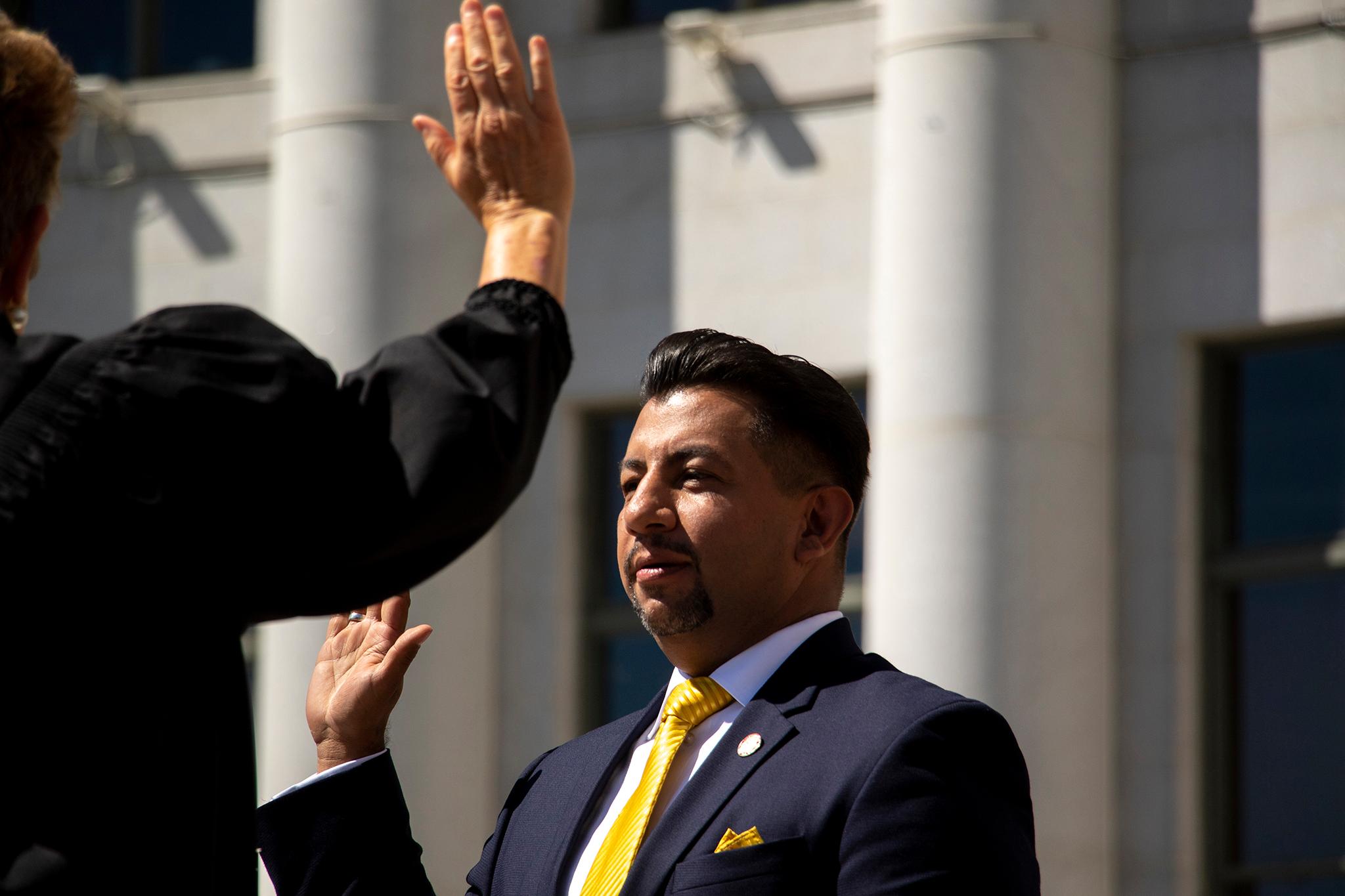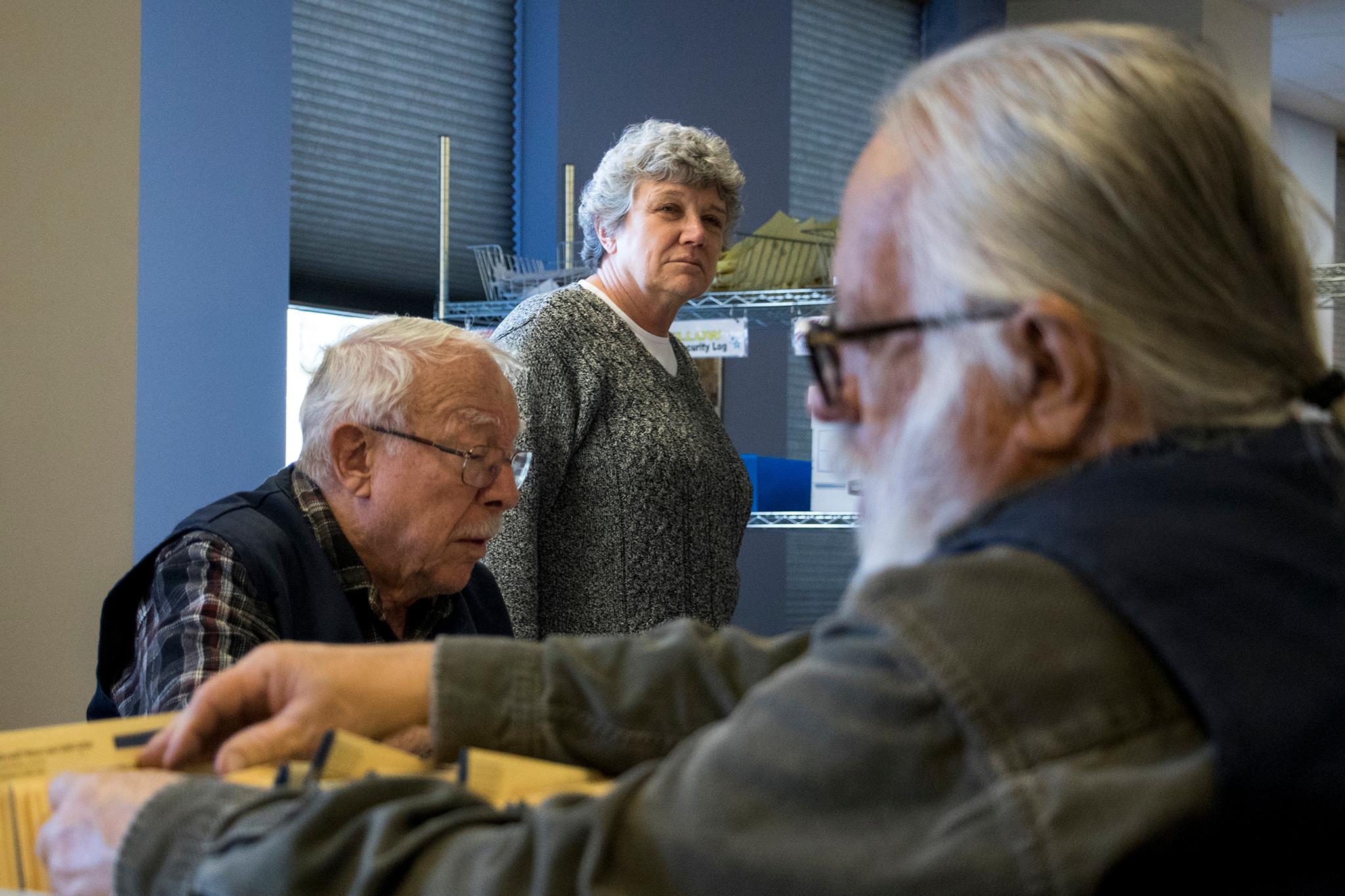Unlike public employees, Denver's elected officials cannot be fired over sexual harassment and other workplace misconduct -- except by voters, who hold the power to reelect and recall them, but not the privileged details to inform those decisions.
Former Denver Clerk and Recorder Debra Johnson allegedly lifted up the dress of a subordinate, rubbed a balloon on another's butt and drank on the job, according to an investigation by Colorado Public Radio. The public never knew of the allegations or the subsequent probe because no city policy requires publicizing misconduct of elected officials, substantiated or not.
The results of the investigation into Johnson, held by the city attorney's office, are still under lock and key.
Johnson, who headed Denver's elections and other civic matters from 2011 through this spring, admitted no wrongdoing. Yet she apologized to the staffer and agreed to stay away from the office for six months and attend remediation for sexual harassment and alcohol abuse.
Both the public and private sectors treat employee complaints sensitively, but the calculus is different when the boss holds an elected office, according to Jen Rita, CEO and senior investigator at Investigations Law Group, which recently assessed the Colorado General Assembly's workplace culture.
"Our argument to the state legislature was that you serve your constituency and there's got to be some transparency when there are substantiated allegations," Rita said.
The Colorado General Assembly took some of Rita's advice, passing a law last session that makes certain investigations of lawmakers public without identifying victims.
Denver's policies are not as strict. The city council, mayor's office, clerk and recorder, and city auditor each created policies in 2018 that formalized the complaint process for elected officials and staffers, following the revelation of Mayor Michael Hancock's sexual text messages to a subordinate. City Council members can now be censured, a formal disapproval of their actions, by their colleagues.
The mayor is subject to third-party investigations, but the policy does not reference discipline -- except for people who make false allegations. A spokesperson for Mayor Hancock said changes are possible given the legislature's action but made no commitment.
The Denver Board of Ethics has the right to publicize findings from its investigations, even if the subjects are elected officials. But the board was unaware of Johnson's alleged misconduct. No one filed a complaint with the office, executive director Michael Henry told Denverite.
"The bottom line is, I had not heard a single word about it, so I was very surprised," Henry said.

Even if a whistle-blower had alerted the board, Henry said, little would probably come of it because sexual harassment is not mentioned in the code of ethics. Plus, the independent board has no power to discipline violators.
"My recommendation might have to be that there may have been some real misconduct here, but it's not prohibited by the code of ethics so there's nothing we can do about it," Henry said.
Most complaints are handled through the city's human resources department, but according to Henry, no city entity "has come up with a good way to prevent people from fearing retaliation."
News of Johnson's alleged behavior behind closed doors might prompt stricter rules and more transparency in city government.
Johnson's successor, Paul López, said he will craft a new sexual harassment and workplace misconduct protocol for the Denver Office of the Clerk and Recorder. It might include public disclosure if and when elected officials are found doing wrong.

Any changes will have to balance accountability with privacy, he said.
"I think us finding a policy for that or creating something is long overdue," López said. "I think what we'd really have to take into consideration is protecting privacy and having due process on both sides until there is some actual finding of wrongdoing."
His office-wide policy affects 47 employees and himself.
City Councilman Kevin Flynn says he would like to see a citywide policy baked into Denver's code that holds all elected officeholders publicly accountable for misconduct, whether sexual harassment or discrimination.
He lobbied for one last year but fell short and eventually signed on to the council-specific version that includes censures.
"Whatever the metes and bounds are around sexual harassment claims, I would support the most public option, whatever that might be," Flynn said. "We were told that (the restrictions) are there now to protect the victims of harassment from being publicly exposed."
Flynn said he will lobby his colleagues for stronger accountability measures this session.












